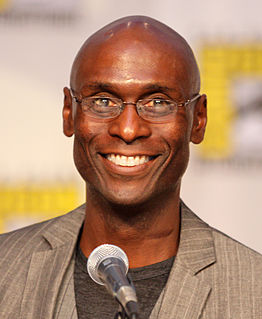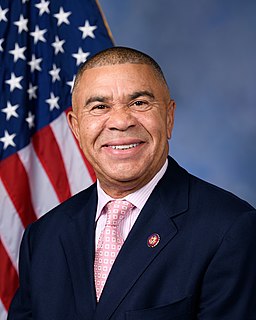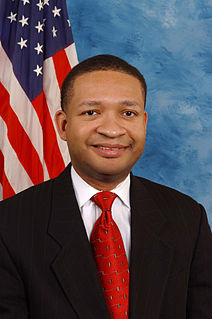A Quote by Lance Reddick
The African American community is so under-served in the entertainment industry.
Related Quotes
In community after community, there are unemployment rates among young African-Americans of 30 to 40 percent. Thirty to 40 percent! Kids have no jobs, they have no future. That is an issue that has got to be dealt with simultaneously as we deal with police brutality, voter suppression and the other attacks that are taking place on the African-American community.
In the industry, artists of of color struggle the most. Caucasian artists have really solidified themselves in the industry, and with African Americans now we see directors and producers who vow to only produce work that shines a light on African American artists. But everybody in the middle gets lost.
You know, when Trayvon Martin was first shot I said that this could have been my son. Another way of saying that is Trayvon Martin could have been me 35 years ago. And when you think about why, in the African American community at least, there's a lot of pain around what happened here, I think it's important to recognize that the African American community is looking at this issue through a set of experiences and a history that doesn't go away.
With respect to Barack Obama, let's face it; Barack Obama is an iconic figure in the African-American community. We respect that. We understand that. African-Americans are going to vote for the first black president, especially when he happens to share the liberal politics on economic issues that many in that community hold.
Considering the popularity of soaps with the African-American audience, it's grotesque that the entertainment industry, for all its vaunted liberalism, is lagging so far behind social changes in the United States. And why has there never been an all-black daytime network soap? It would probably blow the white soaps off the map.




































